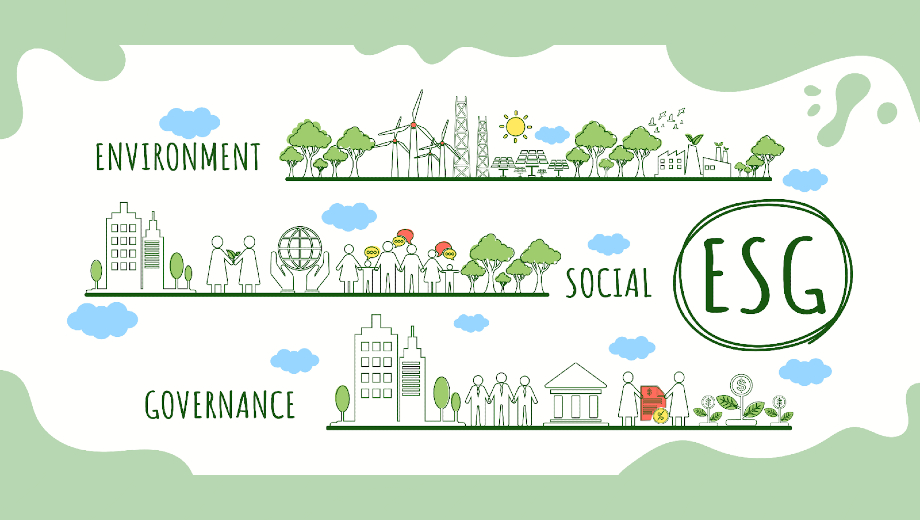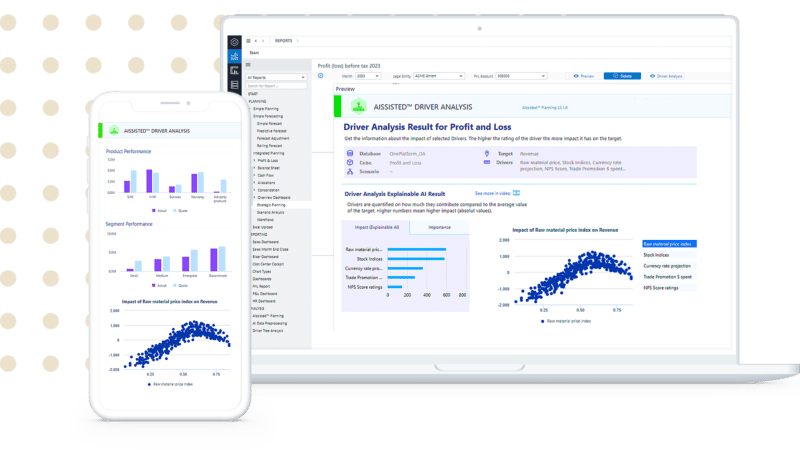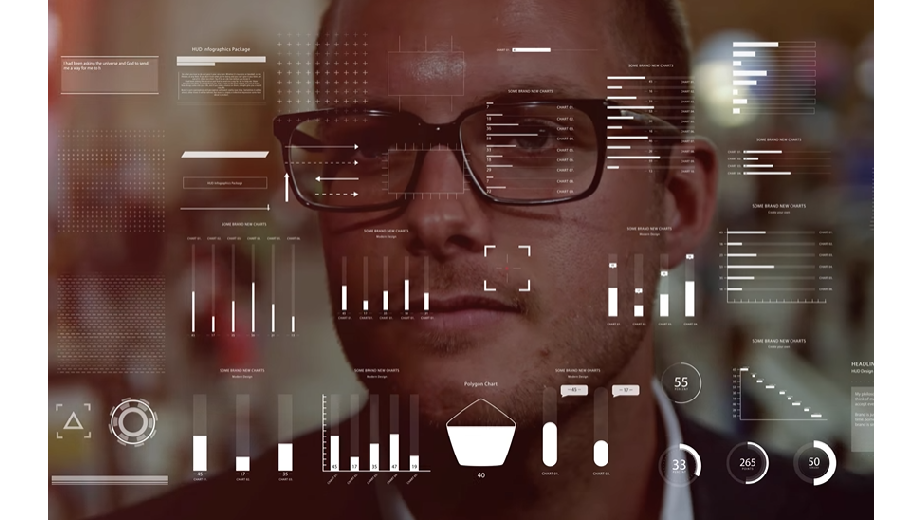
In recent years, environmental and, above all, climate protection have become more and more important to a broader section of society. New legal regulations make it attractive to do business in an environmentally friendly way. The Climate and Innovation Act, for example, offers the prospect of subsidies for companies that operate in a climate-neutral manner. However, to make this possible, effective ESG reporting is required to track the company's progress.
However, this is about more than just mapping environmental impacts. The abbreviation ESG (Environmental, Social and Governance) already reveals that the topic considers various corporate sustainability services. The complete recording of all relevant data is correspondingly complex and time-consuming. In this article, you will find out how we can support you with sustainable reporting.
What exactly is ESG reporting?

ESG essentially covers three sub-areas:
- Environment: Environmental protection covers aspects such as greenhouse gas emissions, energy consumption and direct environmental pollution.
- Social: This sub-area deals, for example, with local working conditions and compliance with human rights in the supply chain. Aspects such as diversity and inclusion or safety in the workplace are also covered.
- (Corporate) Governance: This topic is about corporate governance. How is the Management Board composed and is it independently audited?
The first step in ESG reporting is to collect as much data as possible on these topics. The next step is to bring them into a standardized form.
What makes ESG reporting so challenging?
Sustainable reporting and the collection of ESG data are still comparatively complicated for a variety of reasons. Above all, the mass of different data sources makes standardized compilation difficult. ESG data is often collected over long periods of time and across a large geographical area. Companies with international supply chains in particular collect data in a wide variety of formats on often inhomogeneous system landscapes.
In addition, quantifying qualitative data is often not easy. While data on energy consumption is very clear, working conditions, for example, are often difficult to classify quantitatively. Cultural, political and individual-personal factors influence such assessments. Identifying KPIs that are as clear and objective as possible is therefore one of the most important tasks when collecting and processing ESG data.
Sustainable reporting is therefore not just about collecting important sustainability data. Above all, the comparability of the database with internal and external data must be ensured.
ESG data collection with Jedox

As an official Jedox partner, we also rely on Jedox for the development of ESG data collection projects. For larger data projects, such as sales planning or the efficient collection of ESG data, data silos often have to be overcome. Information collected in individual departments is not communicated externally or is released in inadequately standardized formats.
This is where Jedox comes into play. The great strength of the software platform is its ability to merge data from a wide variety of sources and bring it into a standardized structure. ESG data can also be compiled from various sources using Jedox ESG reporting software.
It is not necessary to limit yourself to actual data. Planned budgets and forecasts can also be integrated into the standardized data structure for comparison with targets.
The automation of data management also makes it possible to take ESG data into account in other areas. In financial planning in particular, ESG data and targets and funding contributions can be integrated much better. The relevant teams can thus take the achievement of sustainability targets into account in their financial planning.
ESG compliance
Even more important than meeting self-imposed targets are government-imposed requirements. Increasingly strict legal regulations are becoming relevant, especially with regard to climate protection, but also with regard to many other sustainability goals. For companies that are also active in the EU, for example, the Corporate Sustainability Reporting Directive (CSRD) is becoming increasingly important.
Many companies now have to prepare sustainability reports in accordance with this regulation. Jedox provides the necessary tools and resources to compile such reports with reasonable effort.
Consilix AG: Your Jedox partner in Switzerland

Jedox makes sustainable reporting much easier and can be automated to a large extent. As an official Jedox partner, we support you in implementing the software in your company. We not only advise you on the specific use of Jedox. We also support you in identifying and breaking down the existing data silos in your company.
In doing so, we keep an eye on the regulations and legislation relevant to you and your company, especially with regard to ESG recording and sustainable reporting. The use of Jedox is particularly effective if you decide to use it to process other business data as well. As a comprehensive solution for integrated planning, Jedox simplifies your business planning considerably.
Do you have further questions about us and our Jedox services or are you interested in a partnership? Then simply get in touch with us using the contact form.
